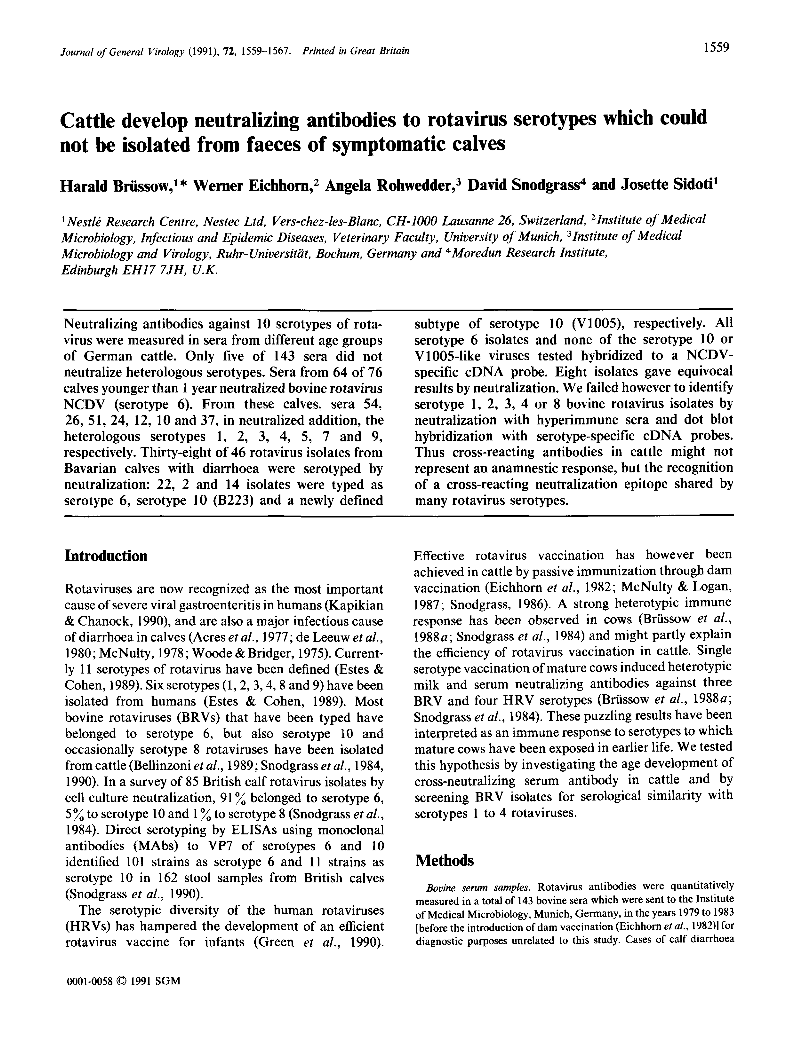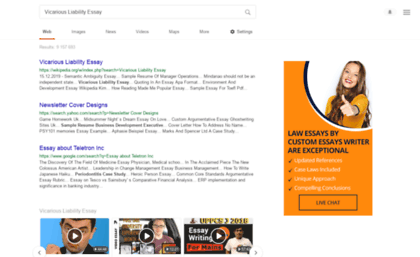Ellis-Bochner Autoethnography and Personal Narrative.
Autoethnography is an approach to research and writing that seeks to describe and systematically analyze ( graphy) personal experience ( auto) in order to understand cultural experience ( ethno) (ELLIS, 2004; HOLMAN JONES, 2005). This approach challenges canonical ways of doing research and representing others (SPRY, 2001) and treats research.
Autoethnography is a form of qualitative research in which an author uses self-reflection and writing to explore anecdotal and personal experience and connect this autobiographical story to wider cultural, political, and social meanings and understandings. Autoethnography is a self-reflective form of writing used across various disciplines such as communication studies, performance studies.

Ellis and Bochner also coedited Composing Ethnography and Ethnographically Speaking, and they coauthored the most cited essay about autoethnography, “Autoethnography, personal narrative, reflexivity: Researcher as subject”. (As of January 2017, this essay has been cited nearly 4,000 times.) Ellis and Bochner also edited two book series—.

Autoethnography TONY E. ADAMS Northeastern Illinois University, USA CAROLYN ELLIS University of South Florida, USA STACY HOLMAN JONES Monash University, Australia Autoethnography is a research method that uses personal experience (“auto”) to describe and interpret (“graphy”) cultural texts, experiences, beliefs, and practices (“ethno.

Sponsored by Society for the Study of Symbolic Interaction, Affiliate of the National Communication Association CALL FOR AWARD APPLICATIONS The Society for the Study of Symbolic Interaction (SSSI), affiliate of the National Communication Association (NCA), announces an annual competition for the Ellis-Bochner Award for best published article, essay, or book chapter in Autoethnography and.

This article discusses autoethnography as a transformative research method by highlighting those seven lenses. In addition, it integrates examples of personal narrative from my life utilizing text from “Jesus Christ and Reese'sTM Peanut Butter Cups” (Custer, 2013), and incorporates examples of the benefits of applying autoethnography in.

Autoethnography, Personal Narrative, Reflexivity: Researcher as Subject. The Handbook of Qualitative Research (2000) Carolyn S Ellis, University of.

Carolyn Ellis. University of South Florida. Verified email at usf.edu. Autoethnography Holocaust survivors ethnography emotions grief and loss. Articles Cited by Co-authors. Title. Sort. Sort by citations Sort by year Sort by title. Cited by. Cited by. Year; Autoethnography, personal narrative, reflexivity: Researcher as subject. C Ellis, A Bochner. 5802: 2000: The ethnographic I: A.

Telling evocative stories Telling stories that evoke response is the vision for autoethnography powerfully articulated in the work of two of the most well-known advocates of autoethnography: Caroline Ellis and Art Bochner. It was their joint essay in the second edition of the Sage Handbook of Qualitative Research, Collecting and Interpreting Qualitative Materials, that heralded the emergence.

Teaching Autoethnography: Personal Writing in the Classroom by Melissa Tombro is licensed under a Creative Commons Attribution-NonCommercial-ShareAlike 4.0 International License, except where otherwise noted. v 0.1.

For this assignment, choose a memory that has multiple levels of meaning for you. It is important not just to create a narrative about one particular thing but to think about the complexities of the memory and why you find it worthy of exploring in an essay. Subtext and intention are crucial.

Autoethnography: Writing Process. John Doe Autoethnography Paper English 1101 Autoethnography After reading the article “The Composing Processes of Unskilled College Writers” by Sondra Perl I have been forced to understand how writers write. The writing process is a situation that is approached from various angles. In the writing process techniques and sequences from person to person are.

An autoethnography incorporates all of those characteristics in a well-developed writing style. According to Ellis, “Autoethnography is an approach to research and writing that seeks to describe and systematically analyze personal experience in order to understand cultural experience” (Ellis, 2011, p. 1). Most autoethnographers use this.



